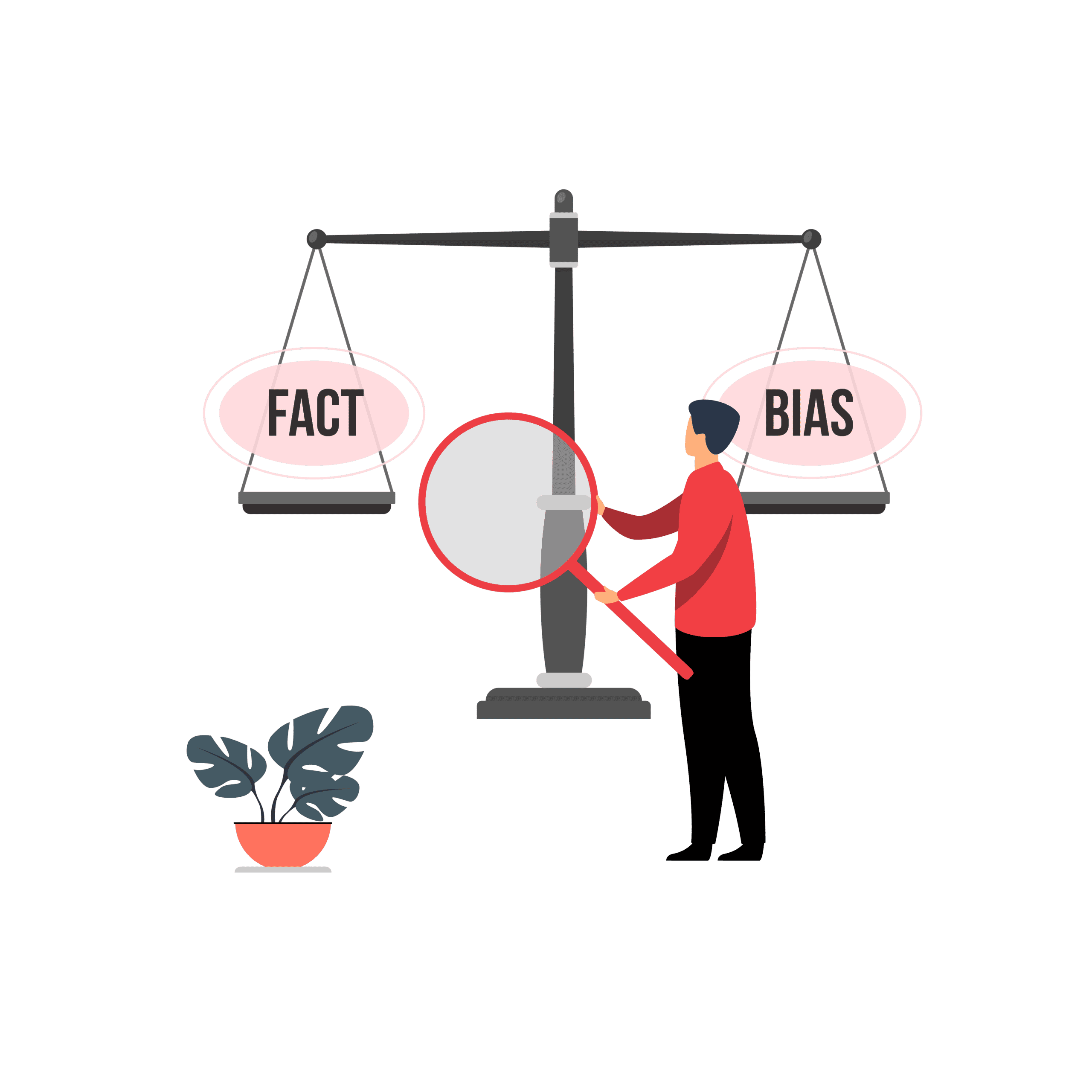75% of hiring managers believe that finding candidates with the right skills is their biggest challenge [Source: SHRM Survey, 2023]. This underscores the critical role played by skills assessments in the hiring process. Industry-specific skills assessments have emerged as a game-changer in the quest for exceptional talent. These assessments focus on evaluating the specialized skills and knowledge required for specific fields, ensuring that candidates possess the competencies necessary to excel in their roles.
Understanding industry-specific skills
Industry-specific skills are like the secret sauce that makes employees excel in their jobs. Think of them as specialized abilities and knowledge tailored to a particular field. These skills are like the tools of the trade that professionals need to perform at their best.
For instance, in the world of software development, coding languages like Python or Java are industry-specific skills. In healthcare, understanding medical terminology and patient care procedures are essential.
These skills are what set one job apart from another, and they’re crucial for success in a specific industry. In our blog, we’ll break down what these skills are, why they matter so much, and how they can make a world of difference in the hiring process. So, let’s roll up our sleeves and explore the fascinating world of industry-specific skills!
The role of skills assessments
Skills assessments, in simple terms, are like the detective tools for employers. They help companies figure out if job applicants have the right skills for the job they’re applying for. Here’s how it works:
Imagine you’re hiring for a web designer position. You want someone who can create stunning websites that catch people’s attention. A skills assessment for this role might involve asking candidates to design a webpage or solve design challenges. By doing this, you can see their skills in action, like their ability to use design software or create user-friendly layouts.
Skills assessments are like a sneak peek into what candidates can actually do. They give employers confidence that the person they hire can hit the ground running and excel in the role.
Types of industry-specific skills assessments
When it comes to assessing industry-specific skills, there’s no one-size-fits-all approach. Different industries require unique skill sets, and therefore, various types of assessments are used to gauge these skills. Here are some common types:
- Practical tests: These assessments ask candidates to perform tasks or solve problems relevant to the job. For example, in the culinary industry, a practical test might involve preparing a specific dish to assess a chef’s cooking skills.
- Written assessments: In fields like journalism or content writing, candidates may be asked to complete a writing assignment or answer industry-specific questions to evaluate their knowledge and communication abilities.
- Oral interviews: Some industries, such as sales or customer service, rely on oral interviews to assess communication skills, product knowledge, and the ability to handle real-time scenarios.
- Simulation exercises: In professions like aviation or healthcare, candidates may undergo simulations to mimic real work situations. Pilots, for instance, might face flight simulations, while medical professionals deal with patient scenarios.
- Portfolio review: Industries like graphic design or architecture often require candidates to showcase their previous work through a portfolio, allowing employers to evaluate their creativity and skills.
- Multiple-choice tests: These are common in various fields and involve answering questions related to industry-specific knowledge, often used for roles in IT, finance, and more.
- Role-play assessments: Candidates are placed in hypothetical situations to assess their problem-solving, interpersonal, and decision-making skills, commonly seen in management and leadership positions.
Benefits of industry-specific skills assessments
Industry-specific skills assessments offer a multitude of advantages for both employers and job applicants, making them an indispensable part of the hiring process. Let’s delve into some key benefits:
- Precision in hiring: These assessments enable employers to pinpoint candidates with the exact skills required for the job. This reduces the risk of hiring individuals who might lack essential competencies.
- Time and cost savings: By identifying qualified candidates early in the process, employers can save time and resources that would otherwise be spent on lengthy interviews and training for less qualified hires.
- Higher job satisfaction: Employees hired through skills assessments are more likely to excel in their roles, leading to increased job satisfaction and productivity.
- Reduced turnover: When candidates possess the necessary skills, they are more likely to stay in their positions for the long term, reducing employee turnover rates.
- Enhanced decision-making: Objective data from assessments aids in informed decision-making, leading to better talent acquisition choices.
Best practices
To ensure the effectiveness of industry-specific skills assessments, both employers and job applicants should follow best practices that enhance the fairness and reliability of the assessment process:
- Clearly define skills: Start by clearly defining the industry-specific skills and competencies required for the job. This forms the foundation for designing relevant assessments.
- Standardization: Develop standardized assessments that are consistent for all candidates. This reduces bias and ensures fairness.
- Diversity and inclusion: Ensure assessments are designed to be inclusive, avoiding questions or tasks that may favor one group over another. Consider candidates from diverse backgrounds.
- Feedback: Provide detailed feedback to candidates after the assessment, highlighting their strengths and areas for improvement. This promotes transparency and helps candidates understand their performance better.
- Regular updates: Continuously update assessments to align with industry changes and evolving job requirements.
Conclusion
In the fast-paced world of modern employment, industry-specific skills assessments have emerged as a powerful tool that benefits both employers and job applicants. As we’ve explored in this blog, these assessments play a pivotal role in identifying and evaluating the specialized skills and knowledge required for specific fields.
Integrate Testlify in your hiring process and improve your overall candidate experience. Sign up with Testlify now and check out our vast test library.








